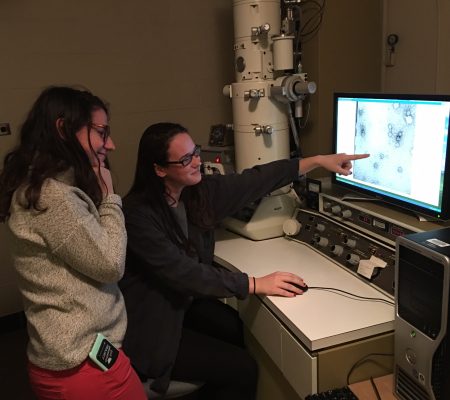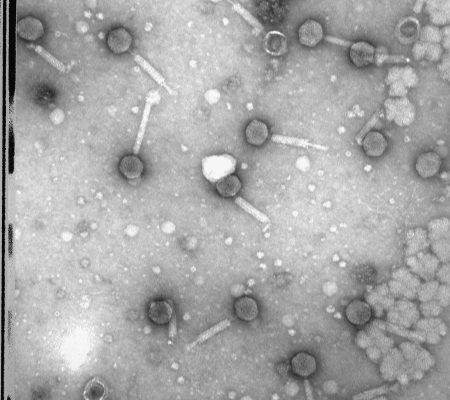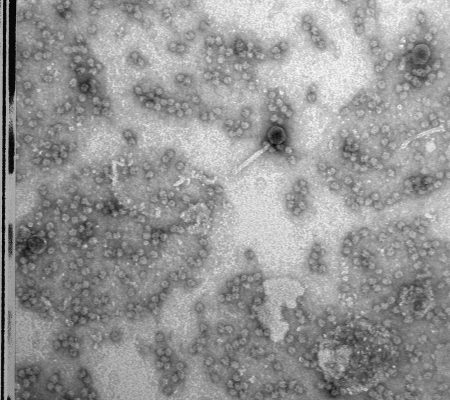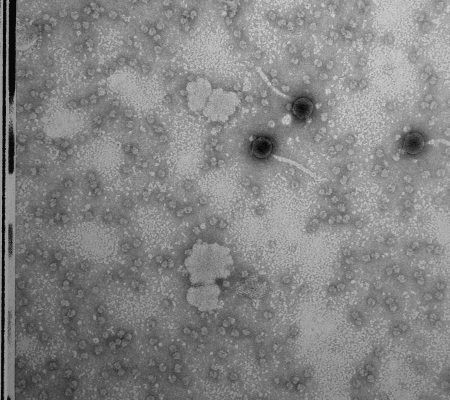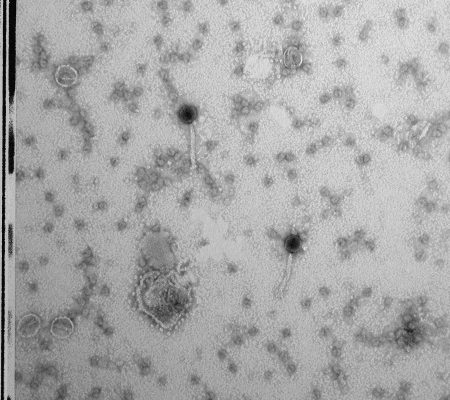BIO 133: Cells, Physiology and Development Laboratory
Term: Fall 2018
Instructor: Lori Saunders
Description of course: Laboratory sessions in this course combine observational and
experimental protocols. Students examine cellular molecules, monitor enzymatic
reactions, photosynthesis and respiration to study cellular function. Students also
examine embryology and the process of differentiation, the structure and function of
plant systems, and the physiology of certain animal systems. Prerequisite: BIO 132
(normally taken concurrently).
BIO 132 description: Students in this course investigate the structure, function and
physiology of cells; the properties of biological molecules; information transfer from the
level of DNA to cell-cell communication; and cellular energy generation and transfer.
The development of multicellular organisms and the physiology of selected organ
systems is also explored. In addition to attending lectures, each student participates in
discussion sections that focus on data analysis and interpretation while integrating
mechanisms across scales. Laboratory (BIO 133) is recommended but not required.
Instructor: Christine White-Ziegler
Transmission Electron Micrograph of Phages, Negatively Stained with Uranyl Acetate.
#1: Students observing phages with the Transmission Electron Microscope.
#2-5: Phage samples prepared by students taking BIO133 in the Fall of 2018.
